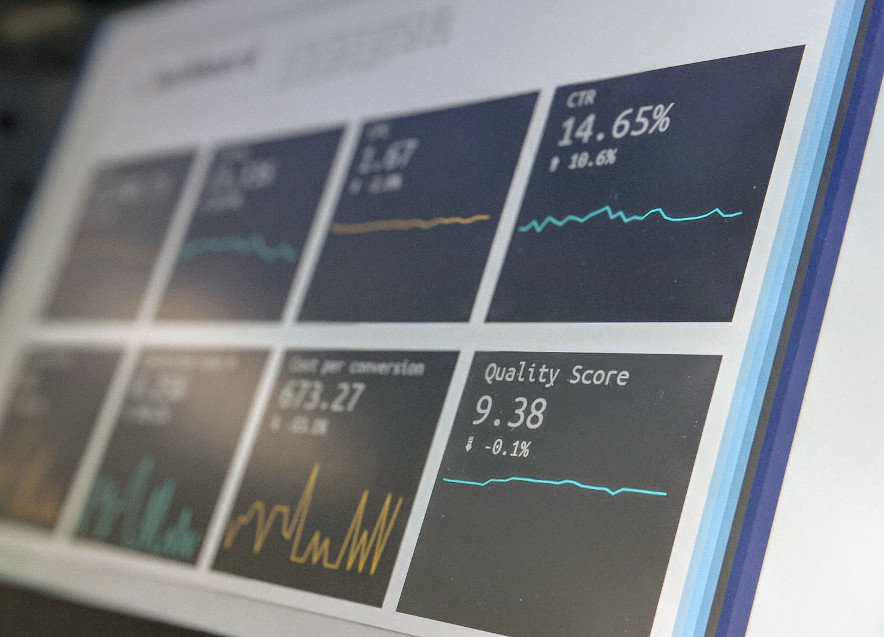Business Intelligence - 4 Min Read Naveen Raina 08 Feb 2021
In an era marked by data-driven decision-making, business intelligence tools have become indispensable for organizations seeking to gain insights, optimize operations, and drive growth. Among these tools, Microsoft's Power BI stands out as a game-changer. With its user-friendly interface, powerful analytics capabilities, and seamless integration with various data sources, Power BI has significantly reshaped industries across the globe. In this article, we'll explore how Power BI has revolutionized the business landscape and transformed the way organizations operate and make decisions.
- Democratizing Data Analysis
Before Power BI's emergence, data analysis was often confined to data experts and IT professionals. Power BI's intuitive interface and drag-and-drop functionalities have democratized data analysis, allowing business users to generate insights without requiring advanced technical skills. This shift has empowered employees at all levels to explore data, create visualizations, and derive actionable insights independently.
- Real-time Decision-making
In today's fast-paced business environment, timely decisions are critical. Power BI's real-time data streaming and refresh capabilities enable organizations to access up-to-the-minute insights. This feature has transformed decision-making processes, enabling businesses to respond swiftly to market changes, customer trends, and emerging opportunities.
- Interactive Visualizations
Static reports and spreadsheets can often be challenging to interpret, especially when dealing with complex datasets. Power BI's interactive visualizations bring data to life, enabling users to explore information through dynamic charts, graphs, and dashboards. These visualizations facilitate a deeper understanding of trends and patterns, helping organizations make more informed decisions.
- Cross-platform Accessibility
The rise of remote work and the increasing use of mobile devices have made cross-platform accessibility crucial. Power BI's cloud-based nature ensures that users can access their reports and dashboards from anywhere, on any device. This flexibility has enhanced collaboration, allowing teams to share insights seamlessly, regardless of their physical location.
- Data Integration and Connectivity
One of Power BI's greatest strengths lies in its ability to connect to a wide range of data sources, from spreadsheets to cloud databases and APIs. This capability simplifies data integration and eliminates silos, enabling organizations to consolidate and analyze diverse data streams in a unified manner. As a result, decision-makers can gain holistic insights that were previously challenging to achieve.
- AI and Advanced Analytics
Power BI's integration with artificial intelligence (AI) and machine learning capabilities has opened new avenues for predictive and prescriptive analytics. By leveraging AI algorithms, organizations can uncover hidden patterns, identify correlations, and generate forecasts that inform strategic planning and resource allocation.
- Customization and Scalability
Power BI's extensive range of connectors, custom visuals, and developer tools allows organizations to tailor their analytics solutions to their unique needs. Whether it's creating specialized dashboards, embedding visuals within applications, or automating reporting workflows, Power BI provides the flexibility to scale solutions according to business requirements.
- Data Security and Compliance
With data breaches and privacy concerns becoming more prevalent, Power BI has prioritized data security and compliance. The tool offers robust security features, including role-based access control, data encryption, and compliance certifications such as GDPR and HIPAA. This reassures organizations that sensitive information remains protected.
Conclusion
In an increasingly data-driven world, Power BI has emerged as a transformative force across industries. Its ability to democratize data analysis, facilitate real-time decision-making, provide interactive visualizations, enable cross-platform accessibility, integrate diverse data sources, leverage AI capabilities, offer customization and scalability, and prioritize data security has reshaped how businesses operate and strategize. As Power BI continues to evolve and innovate, its impact on industries will undoubtedly remain profound, empowering organizations to navigate complexities, seize opportunities, and drive success in the digital age.

